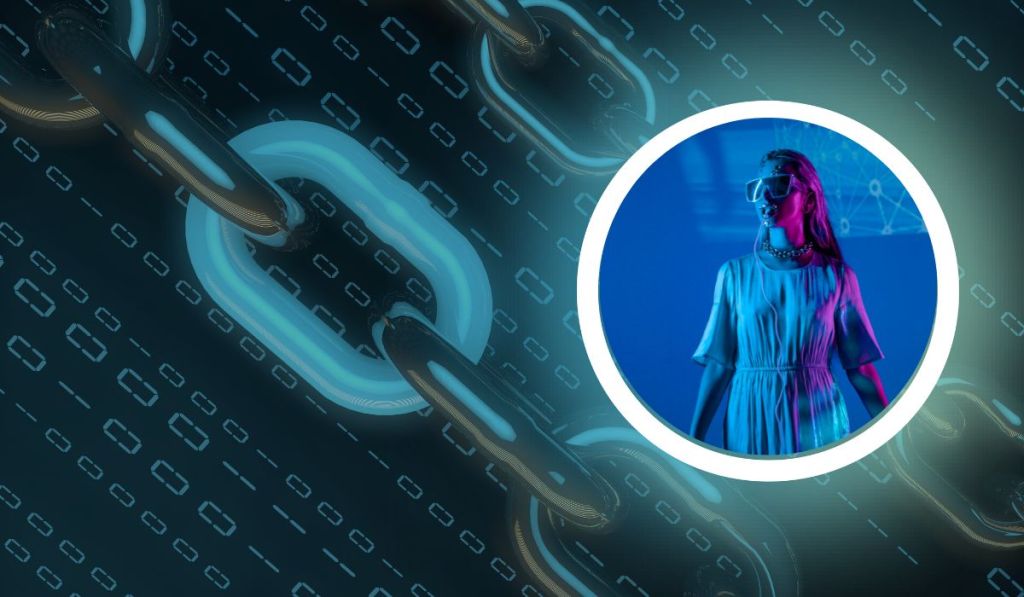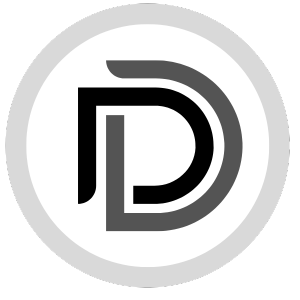Blockchain technology has emerged as one of the most promising and disruptive innovations of the digital age. Its potential to revolutionize industries like finance, supply chain, healthcare, and more has created a demand for skilled professionals in the field of blockchain development. If you’re fascinated by this decentralized technology and want to become a blockchain developer, this step-by-step guide will help you embark on your journey toward mastering this cutting-edge domain.
Step 1: Understand the Basics of Blockchain Technology
To start your journey as a blockchain developer, it’s essential to grasp the core concepts of blockchain technology. A blockchain is a distributed and decentralized ledger that securely records transactions across multiple computers. Each transaction is grouped into a “block,” and these blocks are linked together using cryptographic techniques, forming a chain of blocks, hence the name “blockchain.”
Key concepts to focus on include:
a. Decentralization: Unlike traditional centralized systems, blockchains operate on a decentralized network of nodes, ensuring transparency, security, and immutability.
b. Consensus Mechanisms: Learn about different consensus algorithms, such as Proof of Work (PoW) used by Bitcoin and Proof of Stake (PoS) used by Ethereum, that determine how transactions are validated and added to the blockchain.
c. Cryptography: Understand cryptographic techniques like hashing, digital signatures, and public-private key pairs that underpin the security of blockchain networks.
d. Smart Contracts: Explore the concept of smart contracts, which are self-executing contracts with predefined rules written in code. These contracts automatically execute when specific conditions are met.
Step 2: Gain Proficiency in Programming Languages
As a blockchain developer, you’ll need to be well-versed in programming languages commonly used in the blockchain ecosystem. Here are the key ones:
a. Solidity: Solidity is the most widely used language for developing smart contracts on the Ethereum platform. It resembles JavaScript and C++, making it relatively easy to learn if you have prior experience with these languages.
b. JavaScript: JavaScript is a versatile language often used in blockchain development for creating decentralized applications (DApps) and interacting with smart contracts through web interfaces.
c. Python: Python is a popular language in various domains, including blockchain. It’s used for building and interacting with blockchain networks and is a preferred language for many blockchain projects.
Step 3: Get Familiar with Blockchain Platforms and Tools
Different blockchain platforms serve various purposes and use cases. Familiarize yourself with popular platforms such as:
a. Ethereum: Ethereum is a leading smart contract platform that enables the creation of decentralized applications and custom tokens.
b. Hyperledger: Hyperledger is an open-source project that provides various blockchain frameworks suitable for enterprise applications.
c. Binance Smart Chain (BSC): Binance Smart Chain is a parallel blockchain to Binance Chain that offers a high-performance, low-cost environment for building DApps.
Also, learn about development tools that simplify the blockchain development process, such as:
a. Truffle: Truffle is a development framework for Ethereum that offers built-in smart contract compilation, testing, and deployment.
b. Remix: Remix is an online IDE (Integrated Development Environment) for Ethereum smart contracts, which allows developers to write, test, and deploy contracts directly from their web browser.
c. Ganache: Ganache is a personal Ethereum blockchain used for testing and development purposes, providing a local blockchain environment.
d. Web3.js: Web3.js is a JavaScript library that allows interaction with Ethereum smart contracts from frontend applications.
Step 4: Dive into Smart Contracts
Smart contracts are the backbone of decentralized applications on blockchain platforms like Ethereum. To become a proficient blockchain developer, focus on understanding:
a. Structure of Smart Contracts: Learn about the components of a smart contract, including state variables, functions, events, and modifiers.
b. Contract Deployment: Understand how to deploy smart contracts on blockchain networks and manage contract upgrades.
c. Security Best Practices: Smart contracts are immutable once deployed, so it’s crucial to write secure code. Explore common vulnerabilities like reentrancy, integer overflow, and access control issues, and learn how to mitigate them.
Step 5: Hands-on Experience with Projects
To reinforce your learning and enhance your skills, engage in practical projects. Start by creating your small-scale decentralized applications or contribute to open-source blockchain projects. Building real-world projects will provide you with invaluable experience and a portfolio to showcase your abilities to potential employers.
Step 6: Stay Updated with the Latest Trends
The blockchain industry is dynamic and continually evolving. To stay relevant and competitive, it’s essential to stay up-to-date with the latest trends, developments, and advancements in blockchain technology. Follow reputable blockchain blogs, attend conferences, and participate in webinars to expand your knowledge.
Step 7: Collaborate and Network
Networking plays a crucial role in any career, and blockchain development is no exception. Engage with fellow developers, join blockchain-related forums and communities, and attend meetups or conferences to connect with industry professionals. Collaborating with others on blockchain projects can lead to new opportunities and offer valuable insights into the ever-evolving blockchain landscape.
Conclusion
Becoming a blockchain developer requires dedication, continuous learning, and practical experience. By understanding the foundational principles of blockchain technology, mastering essential programming languages, and gaining hands-on experience with real-world projects, you can position yourself for a successful career in this cutting-edge industry. Embrace the innovative spirit of blockchain development and remain curious about the evolving technology. With persistence and a passion for decentralized solutions, you can contribute to the exciting future of blockchain and shape the world of tomorrow.








